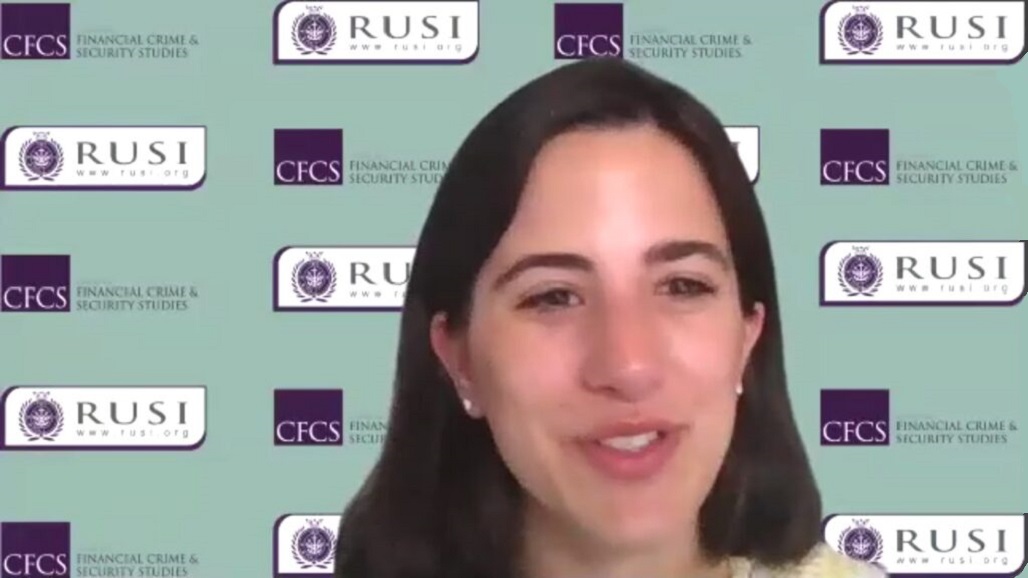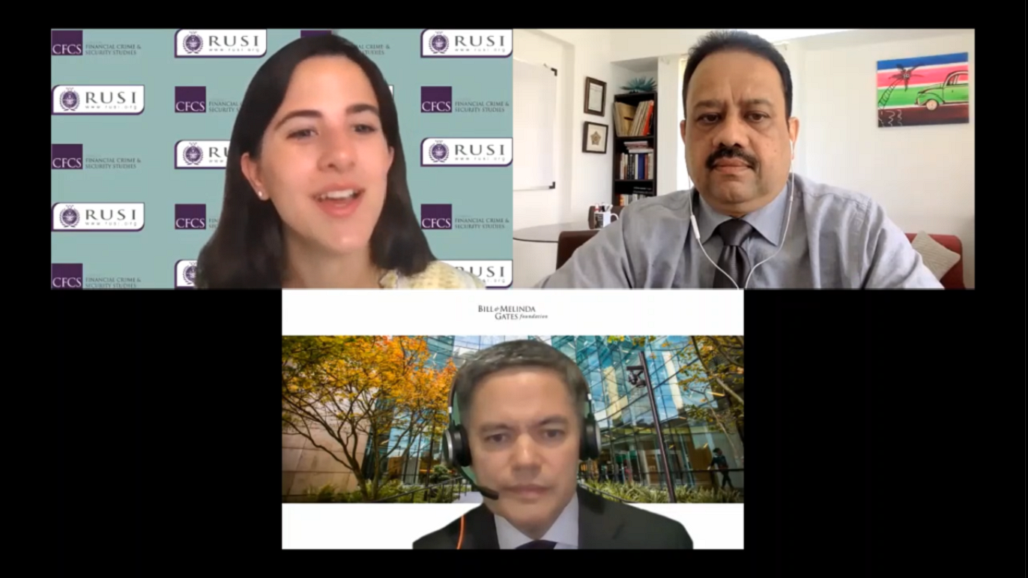On June 22nd 2021, the Asian Bankers Association (ABA) and its knowledge partner, Fintelekt Advisory Services held a very well received webinar on “Assessing the Impact of the FATF on Financial Inclusion.”
Moderated by Shirish Pathak, Managing Director, Fintelekt Advisory Services, the webinar featured esteemed speakers F. Christopher Calabia, Senior Advisor, Supervisory & Regulatory Policy, Bill & Melinda Gates Foundation and Isabella Chase, Research Fellow, Centre for Financial Crime & Security Studies, Royal United Services Institute, and gathered more than 639 participants from 22 countries and territories around the world.
(1) Summary Report on the webinar:
Financial inclusion and the implementation of AML/CFT standards can be mutually supportive and complementary objectives – in so that enabling a wider population with the access to financial services will in fact increase the reach and effectiveness of AML/CFT measures.
The covid-19 pandemic has further underscored the importance of reaching unbanked populations and the massive opportunity presented by digital financial services in inclusive growth.
The panelists presented the conclusions of an important research by the Centre for Financial Crime & Security Studies, RUSI that highlighted:
(1) The impacts of the FATF framework on financial inclusion and
(2) Five recommendations for how FATF could better promote and protect financial inclusion in the future.
(2) Opening Remarks by F. Christopher Calabia
Christopher provided a background for sponsoring the study on financial inclusion and the unintended consequences of FATF standards, which was executed by the Centre for Financial Crime Studies at RUSI.
One of the objectives of the Gates Foundation is to encourage policy makers and regulators to support regulatory policies that will expand access to, and the use of, especially digital financial services, among people who have traditionally been left out by the formal financial services – especially underserved women, poor and the unbanked.
Christopher pointed to a growing body of research that suggests that when people who live in extreme poverty have access to appropriate digital financial tools, they are able to lift themselves and their families out of poverty sustainably.

Financial systems and financial services providers should be well regulated and they should promote the protection of consumers against harm as well as achieve important public policy goals such as financial stability, financial inclusion, as well as financial integrity.
When economies are better protected against abuses such as money laundering and terrorism financing financial institutions are more likely to have a greater confidence in their ability to bank people who are previously unbanked or underbanked or accept consumers who might have been viewed as having higher risk of ML/TF.
The research also aims to work towards a better evidence base – for regulatory bodies, standard setting bodies, donors and those who advocate for financial inclusion and international development – in order to understand what types of policies can help the poor to gain access to financial services and participate in the formal economy.
“Our goal is to ensure that people are not excluded inadvertently from the financial system and that they are able to gain access to these important digital financial services tools so that they can invest in their futures and ensure a better life for themselves and their children.” – F. Christopher Calabia
(3) Presentation by Isabella Chase
The research by RUSI set out to better understand the relationship between FATF and financial inclusion and to what extent the FATF has impacted digital financial inclusion, how different elements of the FATF framework impact digital financial inclusion. It also studies how countries undergoing a mutual evaluation prioritise and perceive financial inclusion while they are going through the process, and the extent to which the FATF system is compatible with the tools that are important for digital financial inclusion.

“For the Gates Foundation as well as RUSI, we recognize the power of digital channels to empower the unbanked and underbanked to gain access to the financial system.” – Isabella Chase
The research found that overall, the FATF framework does have some negative impacts on financial inclusion but that the negative impact tends to be inadvertent, and it occurs despite the fact that there are tools and provisions in place to support financial inclusion. However, these tools and provisions are either not used or might be misinterpreted or poorly interpreted.
(1) The FATF Standards: The FATF Standards afford the necessary provisions and flexibility to support financial inclusion. However, there are insufficient incentives within the framework to ensure they are implemented in a way that supports inclusion. This is further impeded by limited guidance on how to balance financial inclusion.
(2) The Mutual Evaluation Review Process: The MER process indirectly inhibits financial inclusionby failing to grasp the opportunity to bolster the narrative that financial inclusion and the robust implementation of financial crime controls are mutually beneficial. Inconsistent treatment of financial inclusion in the MER process is made worse by the limited training that assessorsreceive on the subject.
(3) The ICRG Process: FATF listings have repercussions for financial inclusion in listed countries. Listings impact national policymakers, the investment climate and remittances. Better data must be produced to validate and better understand these impacts.
(4) FATF Governance: The FATF president, FATF and FSRB secretariats and other associated international bodies play a vital role in setting the tone for how the FATF framework is implemented. These bodies must do more to ensure that all stakeholders understand that proper implementation of the FATF framework should benefit financial inclusion and, as a result, inclusive financial integrity.
Some of the recommendations that were a result of the research include:
(1) Update the FATF Recommendations to better promote compliance practices that enable financial inclusion.
(2) Update the FATF Methodology to incorporate a recognition of financial inclusion as contributing to the effectiveness of a country’s anti-money laundering and counterterrorist financing regime.
(3) Strengthen FATF assessor training on financial inclusion.
(4) Measure the impact on financial inclusion of the International Cooperation Review Group process.
(5) ‘Walk the talk’ – ensure all stakeholders understand that promoting financial inclusion is key to the successful implementation of the FATF framework.
The two papers by CFCS, RUSI may be accessed at:
Assessing the Financial Action Task Force’s Impact on Digital Financial Inclusion. Click HERE.
Walk the Talk: How the Financial Action Task Force Can Prioritise Financial Inclusion. Click HERE.
(4) Webinar’s video and presentation file:
The recording of the webinar is available at the Fintelekt Academy HERE.
The presentation file can be downloaded HERE.
Registration in the Fintelekt Academy is FREE and more than 80% of the content is FREE to view. Please visit HERE!


Leave a Reply